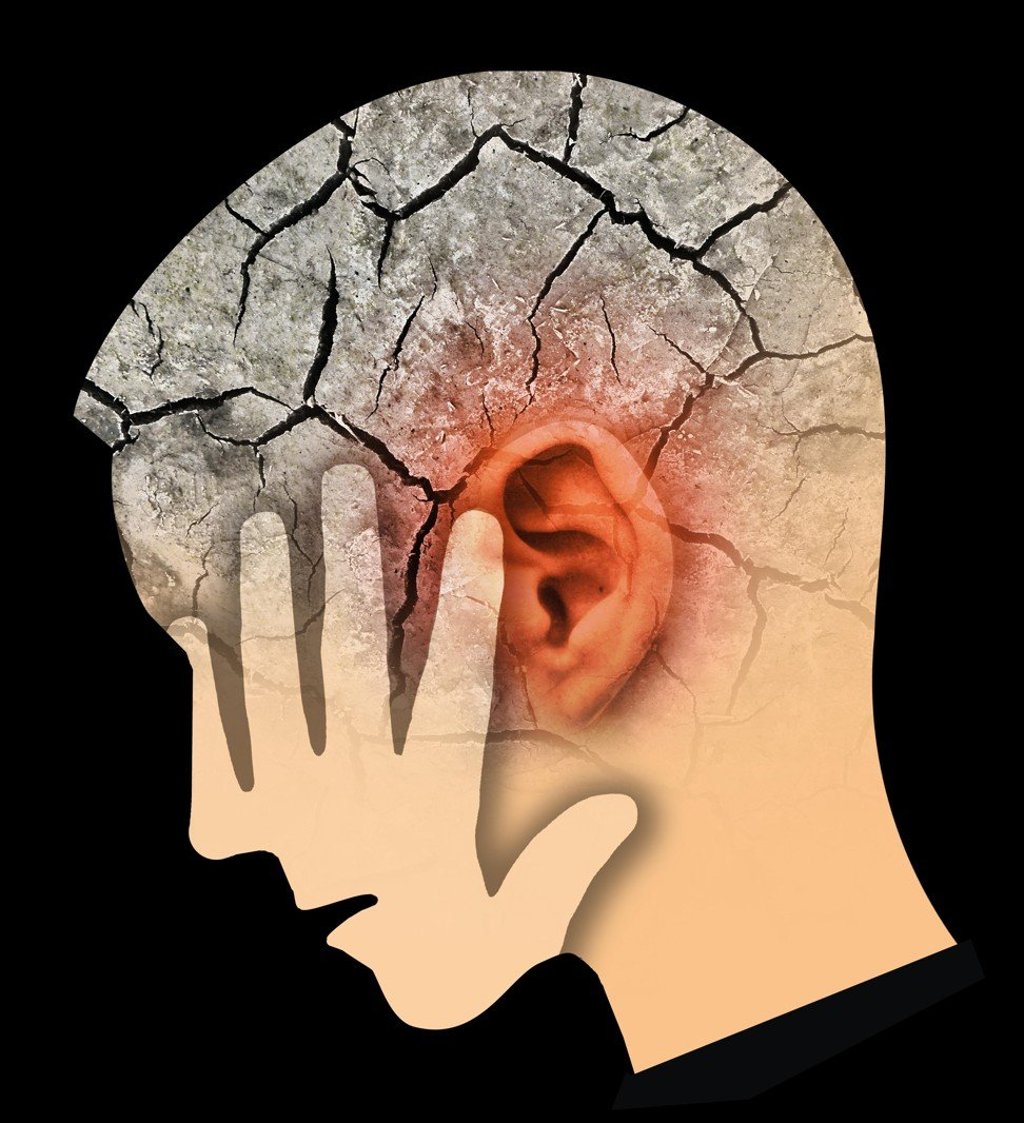Tinnitus triggers: how exposure to loud music can cause permanent damage
- A person with tinnitus will hear a constant ringing, buzzing, hissing or whistling in their ears
- Causes include hearing loss, earwax build-up, stress, certain medications and exposure to loud noises

When Sarah went to her first rave in London in the mid 1990s, she was hooked. For the next 20 years, the city’s pumping club scene would become a huge part of her life. Even holidays were shaped around destinations such as Ibiza in Spain and the Thai island of Koh Phangan, so she could get her fix of loud music.
Now 42, Sarah, who wants to remain anonymous, works in Hong Kong as an English teacher and part-time yoga teacher. And while her social life is quieter these days – “my nights are spent in the company of herbal teas and Netflix” – she has a constant reminder of her rave days.
Sarah suffers from tinnitus – constant noise in the ears that is not caused by an external source. The noise varies from person to person, but, for many, it presents as a ringing sound – tinnitus is often referred to as ringing in the ears – while others experience buzzing or whistling sounds. For Sarah, it’s constant hissing.
Triggers for tinnitus vary but common causes include hearing loss, earwax build-up, stress, certain medications and, of course, exposure to loud noises, considered the leading cause of tinnitus in young people.

“Tinnitus itself is not a disease – it is a symptom of an underlying condition such as hearing loss, ear injury or ear infection,” says Dr Ambrose Ho Chung-wai, specialist in otorhinolaryngology at the Hong Kong Sanatorium & Hospital. “Noise exposure is one of the most common reasons for hearing loss and tinnitus. Repeated exposure to loud music over a long period of time, as in the job of a DJ, presents a serious risk to hearing.”